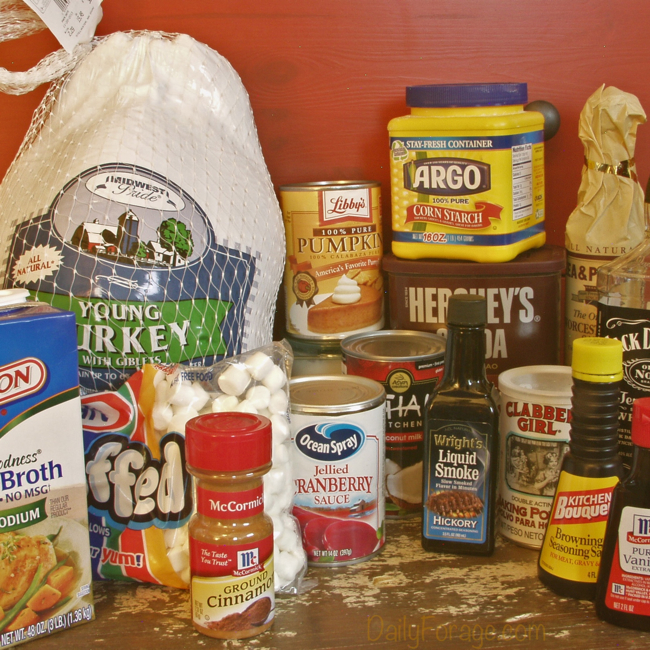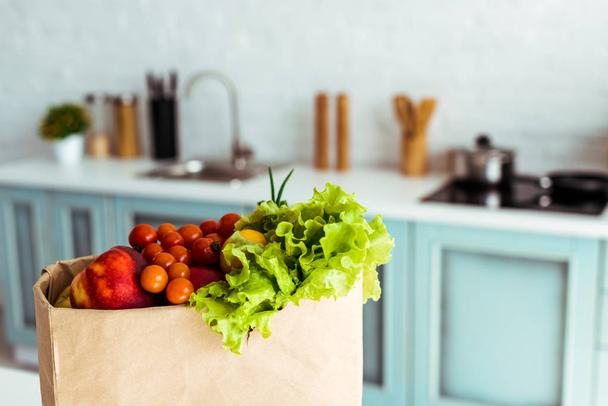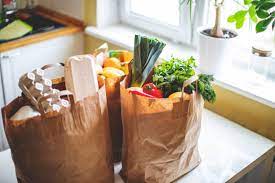#1 Shopping Tips:
Uneaten food squanders a whole host of resources—seeds, water, energy, land, fertilizer, hours of labor, financial capital and generates greenhouse gases at every stage—including methane when organic matter lands in the global rubbish bin. The food we waste is responsible for roughly 8 percent of global emissions.
By making small changes in the way we shop, store and prepare food we can have an impaction that benefits our selves, our community and the environment. For the next three weeks we will feature one of these three strategies.
Shopping
Planning and Shopping Tips
Making a list with weekly meals in mind can save you money and time. If you only buy what you expect to use, you will be more likely to keep it fresh and use it all.
• Keep a running list of meals and their ingredients that your household already enjoys – that way, you can easily choose, shop for, and prepare meals that you are likely to consume.
• Shop your Kitchen – Look in your refrigerator, freezer, and pantry first to avoid buying food you already have. Make a list each week of what needs to be used up and plan upcoming meals around it.
• Plan your meals for the week before you go shopping and buy only the things needed for those meals.
• Shop with a list to avoid impulse buys and forgotten items! Make your shopping list based on how many meals you’ll eat at home, eat out, eat frozen precooked meals, or eat leftovers for your meals.
• Include quantities on your shopping list noting how many meals you’ll make with each item to avoid overbuying. For example: “salad greens – enough for two lunches”. Here is a sample smart shopping list, but it is one of many ways of making a list. Find an approach that works for you and the people you live with. I keep a running list as I use up essential items that i keep on hand. Then I consider my food needs/ meal plans for the week, I checking my pantry for what I have. I then edit the list before I head to the store.
• Focus on buying only the quantities you need until your next shopping trip. This is important when buying perishable items. The effort here is to be aware when you are shopping how much you are putting in your cart rather than being on autopilot.
• Buying in large quantities (e.g., buy one, get one free deals) only saves money if you use all the food before it spoils
• Buying food from bulk bins can save you money and reduce food waste and packaging as you can purchase the amount of food you need as opposed to a pre-determined amount. When buying in bulk, remember to store food properly in airtight, labeled containers.
• Purchase imperfect produce or upcycled products. Imperfect produce may have physical imperfections but is just as safe and nutritious and can sometimes be found at discounted prices. Upcycled products are made from ingredients that might have otherwise gone to waste.
If you are confused about food labeling dates? Here is a site to learn more on food safety and labeling dates.





